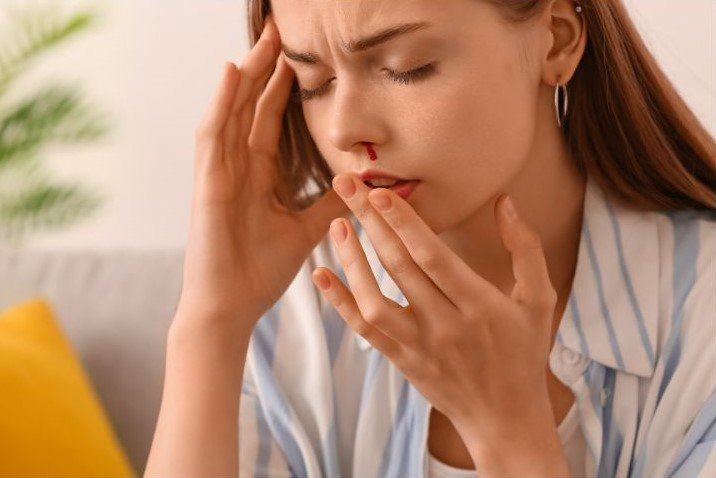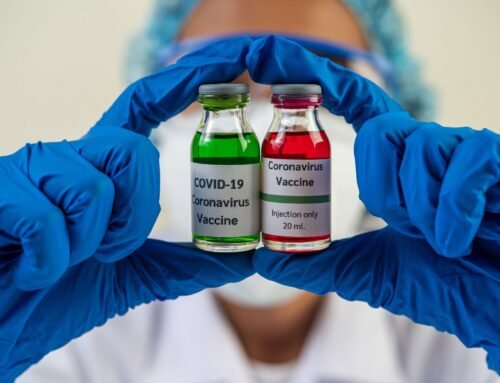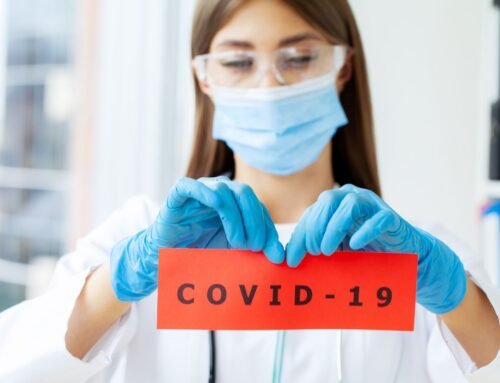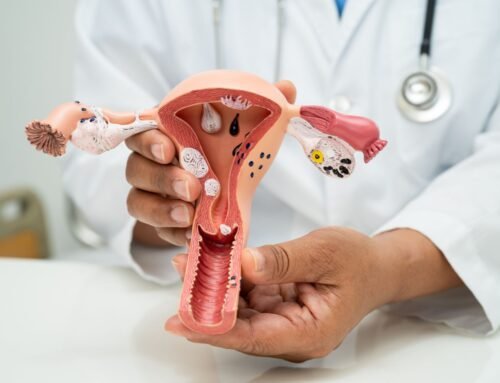Nosebleeds, also known as epistaxis, are common and usually not serious. They can occur for various reasons and understanding the cause can help manage and prevent them. Here are some common causes, immediate steps to take if you experience a nosebleed, and tips for prevention:

Common Causes of Nosebleeds
Dry Air: The most common cause, especially during winter when indoor heating is used.
Nasal Irritation: From allergies, colds, or sinus infections.
Nasal Trauma: Picking your nose, blowing it forcefully, or injury.
Medications: Such as blood thinners or nasal sprays.
Underlying Health Conditions: Such as high blood pressure or clotting disorders.
Immediate Steps to Take
Stay Calm: Stress can increase blood pressure and worsen the bleeding.
Sit Up and Lean Forward: This prevents swallowing blood and helps it drain out of your nose.
Pinch Your Nostrils: Use your thumb and index finger to pinch your nostrils shut. Breathe through your mouth and hold for 10-15 minutes without releasing.
Apply a Cold Compress: Place a cold pack or cloth on the bridge of your nose. The cold constricts blood vessels, reducing bleeding.
Avoid Irritating the Nose: After the bleeding stops, avoid picking or blowing your nose, and avoid heavy lifting or strenuous activity.

When to Seek Medical Attention
- The bleeding lasts longer than 20 minutes.
- The nosebleed follows an injury, such as a blow to the head.
- You experience frequent nosebleeds.
- You have symptoms of anemia (e.g., dizziness, paleness).
- You take blood-thinning medication or have a known blood clotting disorder.
Prevention Tips
Keep the Nasal Passages Moist: Use a humidifier in your home, apply a saline nasal spray, or use a water-based nasal gel.
Avoid Picking or Blowing Your Nose Hard: Be gentle when blowing your nose.
Stay Hydrated: Drink plenty of fluids to keep mucous membranes moist.
Avoid Irritants: Reduce exposure to smoke and other irritants.
Use Protective Equipment: When participating in activities where nose injury is possible, wear appropriate protective gear.
If you have specific concerns or underlying health conditions, it’s always a good idea to consult with a healthcare professional for personalized advice.
Share This Story, Choose Your Platform!
Let’s Stay In Touch
Let’s Stay In Touch
Subscribe to the Gam-Med’s newsletter to stay in the know of changes, events, new policies and procedures.




